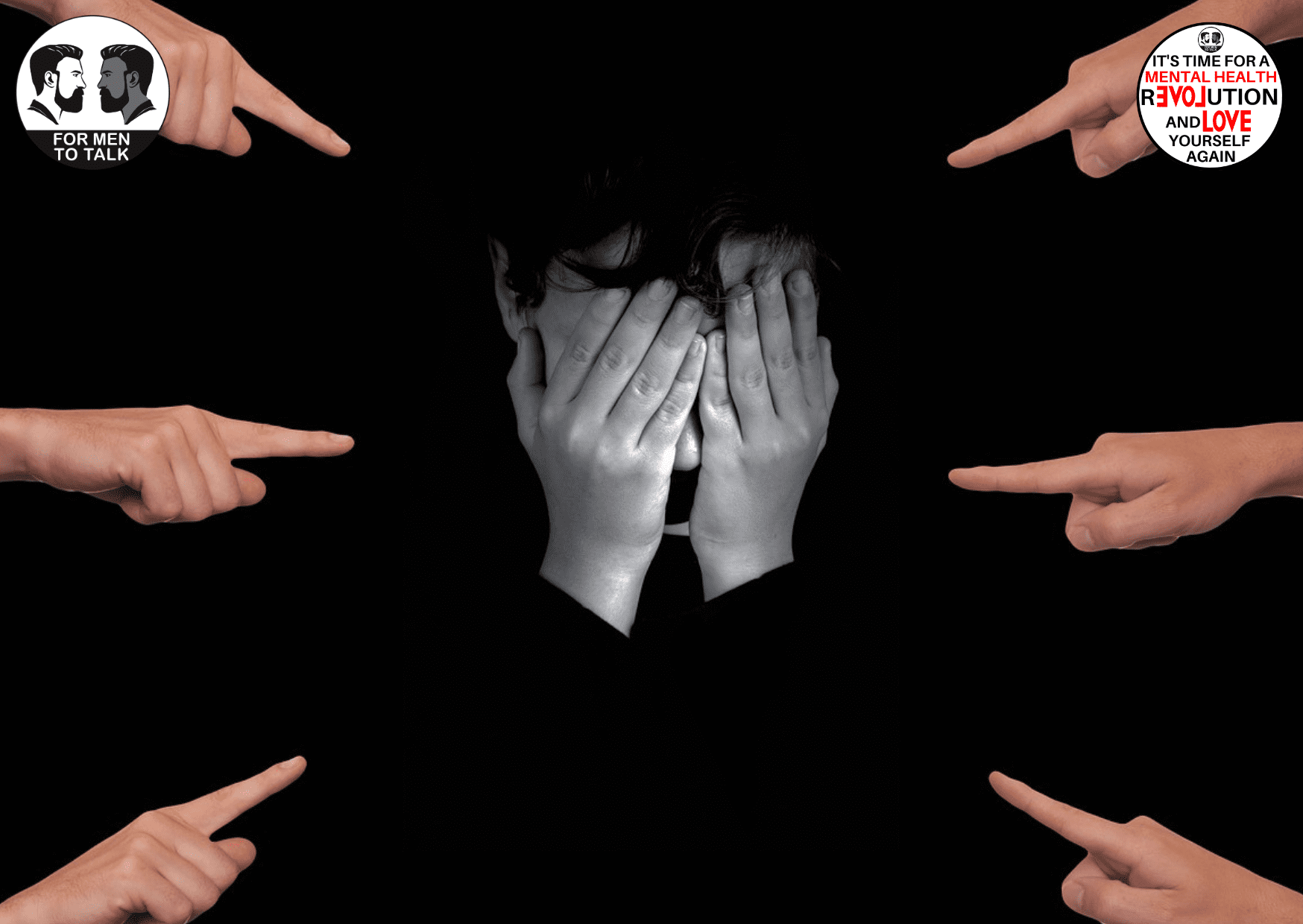Unraveling the impact of bullying on men’s mental health

Bullying is an insidious issue that affects individuals across all demographics, regardless of age, gender, or background. Although commonly associated with children and teenagers, the detrimental effects of bullying extend well into adulthood. While both men and women can fall victim to bullying, it’s crucial to recognise that men, too, experience unique challenges in coping with its aftermath. This blog delves into the profound impact of bullying on men’s mental health, shedding light on a lesser-discussed aspect of this pervasive problem.
The Mask of Masculinity
In our society, traditional gender norms often perpetuate the notion that men should be tough, stoic, and resilient. As a result, male victims of bullying may feel compelled to hide their emotional struggles, fearing that acknowledging vulnerability would be perceived as weakness. This societal pressure can lead to emotional suppression and difficulty seeking support, exacerbating the long-term effects of bullying on men’s mental health.
Anxiety and Depression
Bullying can lead to a variety of mental health issues, with anxiety and depression being among the most common. Men who have experienced bullying may develop persistent feelings of fear, apprehension, and insecurity. The constant emotional turmoil can manifest as generalised anxiety disorder or specific phobias. Additionally, the accumulated emotional distress may trigger depression, leaving men feeling overwhelmed, hopeless, and detached from their daily lives.
Self-Esteem and Body Image Issues
Bullying often targets an individual’s appearance, abilities, or personality traits, significantly impacting their self-esteem and body image. For men, the pressure to conform to societal standards of physical strength and attractiveness can be particularly intense. Constant negative reinforcement can lead to body dysmorphia and the development of unhealthy coping mechanisms, such as excessive exercise or substance abuse.
Trust and Relationship Difficulties
Repeated exposure to bullying can erode a person’s ability to trust others, leading to difficulties in forming meaningful connections and relationships. Men who have experienced bullying may struggle to open up emotionally or fear judgment and rejection, hindering their ability to forge intimate bonds with friends, family, or romantic partners.
Anger and Aggression
While some men internalise the emotional impact of bullying, others may externalise their pain through aggressive behaviours. The accumulated frustration and resentment can lead to anger management issues, escalating into aggressive conduct. This response may perpetuate a vicious cycle of hostility and isolation, further compounding mental health challenges.
Post-Traumatic Stress Disorder (PTSD)
In severe cases, bullying can lead to the development of post-traumatic stress disorder (PTSD). Men who have experienced intense, prolonged bullying may suffer from recurrent distressing memories, nightmares, and heightened reactivity to triggers reminiscent of the traumatic events. PTSD can significantly disrupt daily life, affecting work, relationships, and overall well-being.
Conclusion
The impact of bullying on men’s mental health is a pressing concern that demands greater attention and understanding. Breaking free from societal expectations, encouraging open communication, and fostering empathy are essential steps towards supporting male victims of bullying. Recognizing the lasting effects of bullying on mental health is crucial in providing appropriate resources, therapies, and interventions for affected individuals. Together, we can work towards creating a safer and more compassionate environment where no one has to suffer in silence. Let’s strive for a future where every man can embrace his vulnerabilities and seek help without fear, ultimately promoting mental well-being for all.